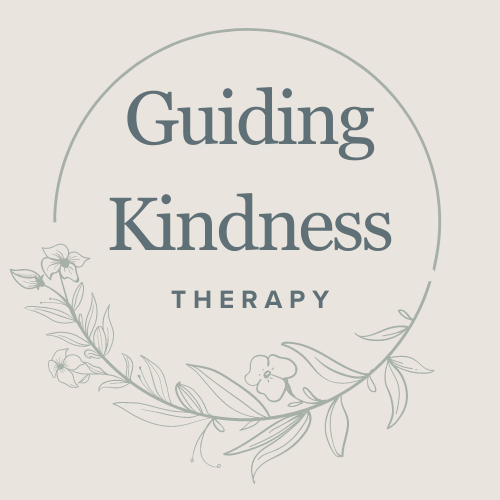Breaking the Cycle: How Millennial Women Are Healing Generational Trauma and Taking Back Their Power
If you’re a millennial woman, there’s a good chance you’ve felt the weight of being “the first.”
The first to go to therapy. The first to name generational trauma out loud. The first to question family expectations or say “no” without apology.
It’s brave work—and it can also feel lonely, exhausting, and complicated. You’re not just trying to heal yourself; you’re carrying the hope of changing your entire family’s story. This is what I call cycle-breaking, and it’s powerful work that millennial women are stepping into like never before.
Here’s what it really looks like to break cycles—and how to remember that you’re not alone on this path.
The Weight of Being “The First”
Being the first in your family to step into therapy, create boundaries, or prioritize mental health comes with a mix of pride and pressure.
On one hand, you know you’re changing the narrative for yourself and any future generations. On the other hand, it can feel like you’re carrying the emotional weight of your entire family.
Maybe you’ve thought things like:
“If I start changing things, will my family think I’m ungrateful?”
“I want a different life, but I don’t want to hurt anyone.”
The truth is: being “the first” is heavy because you’re rewriting a script that’s been followed for decades. But every boundary you hold, every therapy session you attend, and every moment you choose yourself is planting a seed for a healthier future.
Reparenting While Still Showing Up for Others
Cycle-breaking often means reparenting yourself—learning to give yourself the love, safety, and validation you may not have received as a child.
But here’s the catch: you’re often doing this while still showing up for siblings, parents, or your own children.
You might be:
Learning to soothe your inner child while your real child asks for a snack.
Offering emotional support to your parents while trying to untangle your own triggers.
Holding the family together in moments of crisis while quietly breaking patterns behind the scenes.
This is emotional labor that can feel invisible to the outside world. So, let this be your reminder: healing yourself is not selfish—it’s a gift to every relationship you have.
Money, Shame, and the Stories We Inherited
Money is one of the most complicated parts of cycle-breaking.
Many of us grew up hearing stories like:
“Money doesn’t grow on trees.”
“We don’t talk about money.”
“You should be grateful for whatever you get.”
These narratives can show up in adulthood as financial guilt, fear of spending, undercharging for your work, or avoiding money altogether.
Breaking these money cycles means:
Acknowledging that financial stability is not selfish—it’s safety.
Recognizing that your worth is not tied to struggle.
Learning to release the shame that was never yours to carry.
When you start rewriting your money story, you not only free yourself, but you model a new way forward for anyone watching your journey.
Boundaries Are Not Betrayal
If you’ve ever set a boundary and immediately felt like the “bad guy,” you’re not alone.
For cycle-breakers, boundaries can feel like a betrayal, especially in families where love and self-sacrifice were intertwined. But here’s the truth: boundaries are not walls—they’re bridges to healthier relationships.
Boundaries allow you to love others without losing yourself. They’re acts of clarity, not rejection. And with time, they become less about distancing and more about creating space for connection that feels safe and sustainable.
You’re Not Alone
Breaking cycles can feel like walking an unpaved path. But look around—you’re part of a generation of millennial women who are rewriting the rules on mental health, money, and boundaries.
Every time you:
Choose therapy over self-criticism
Pause instead of people-pleasing
Hold a boundary without over-explaining
Let yourself thrive without guilt
…you are breaking a cycle.
You are the living proof that healing is possible.
